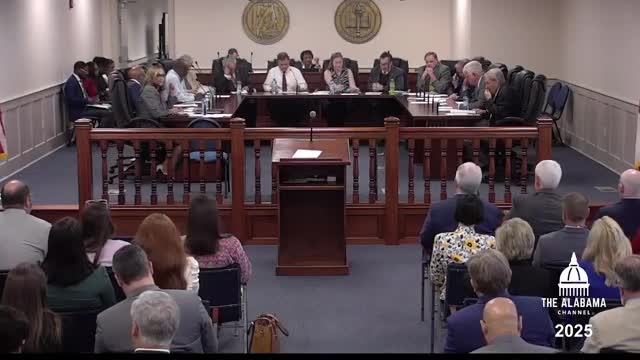Article not found
This article is no longer available. But don't worry—we've gathered other articles that discuss the same topic.
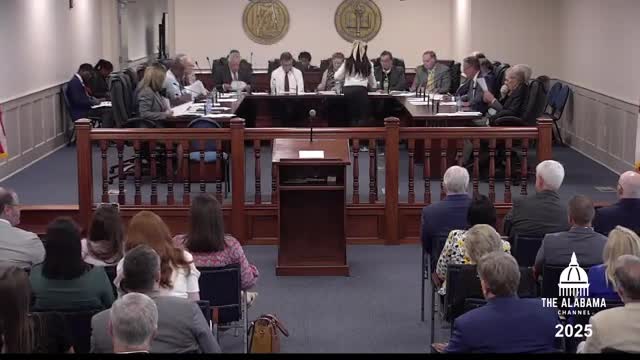
Committee adopts accountability amendments and expands scope for athletic-trainer loan-repayment program
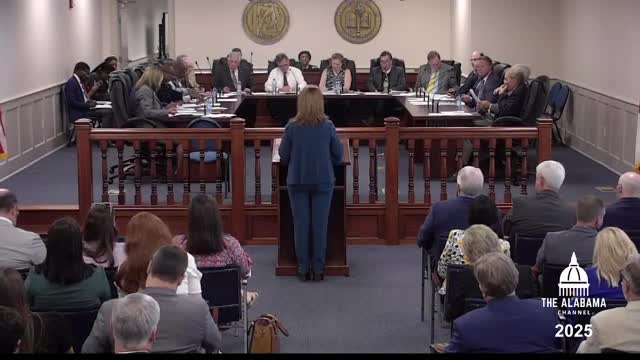
Committee approves bill to put Dolly Parton Imagination Library into state law
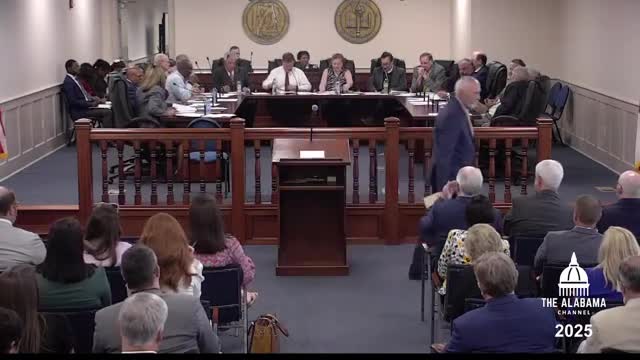
Panel lowers eligible age for Reengage Alabama from 25 to 22
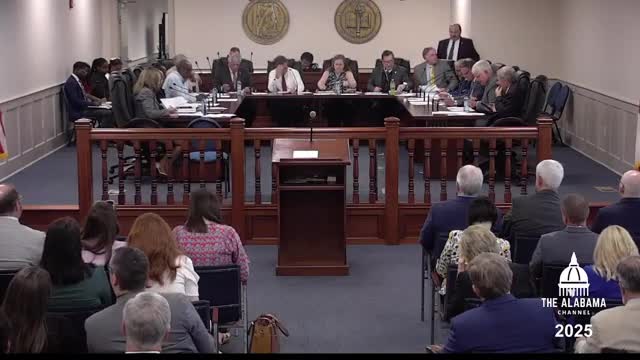
Senate committee debates transfer of 100% disability homestead exemption to surviving spouse
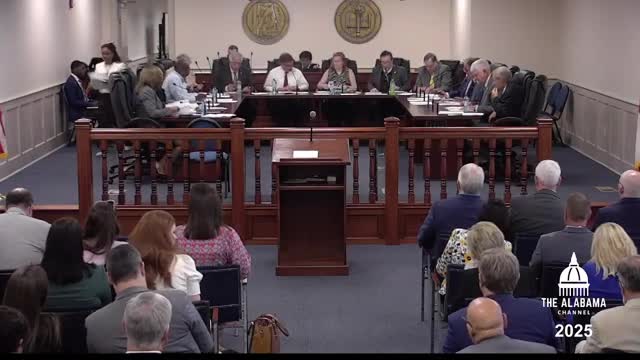
Committee advances HB163 to decouple R&D tax rule; amendment makes provision effective immediately
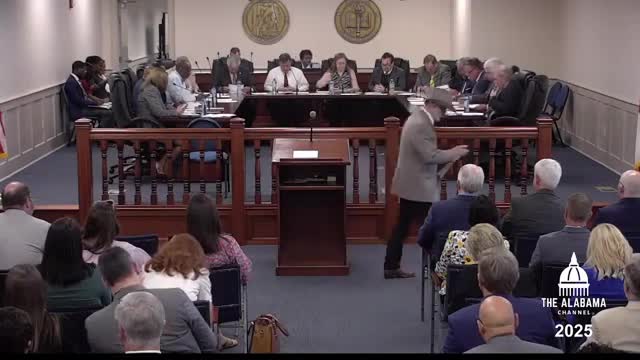
Committee gives favorable report to bill expanding tuition reimbursement for volunteer rescue squads
